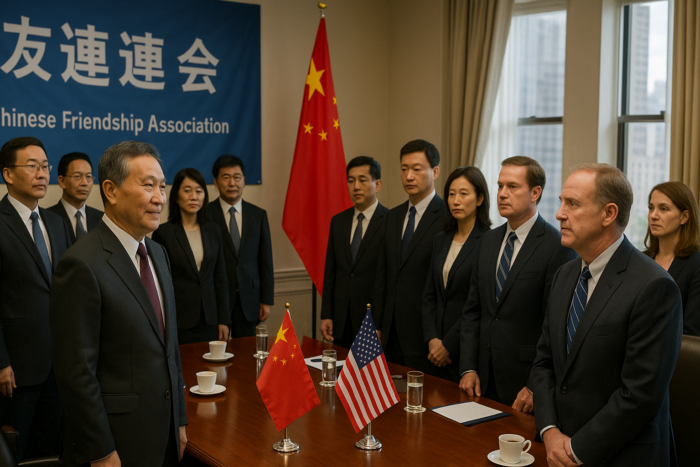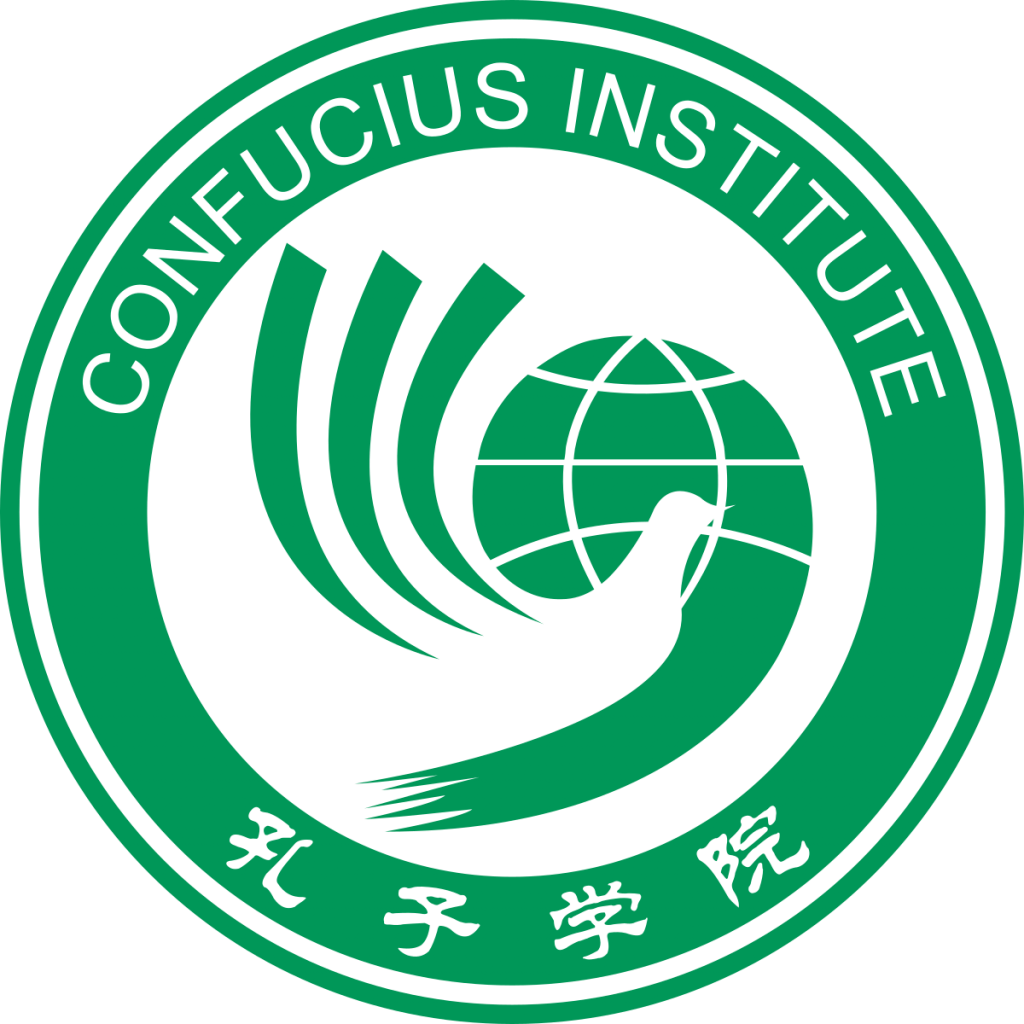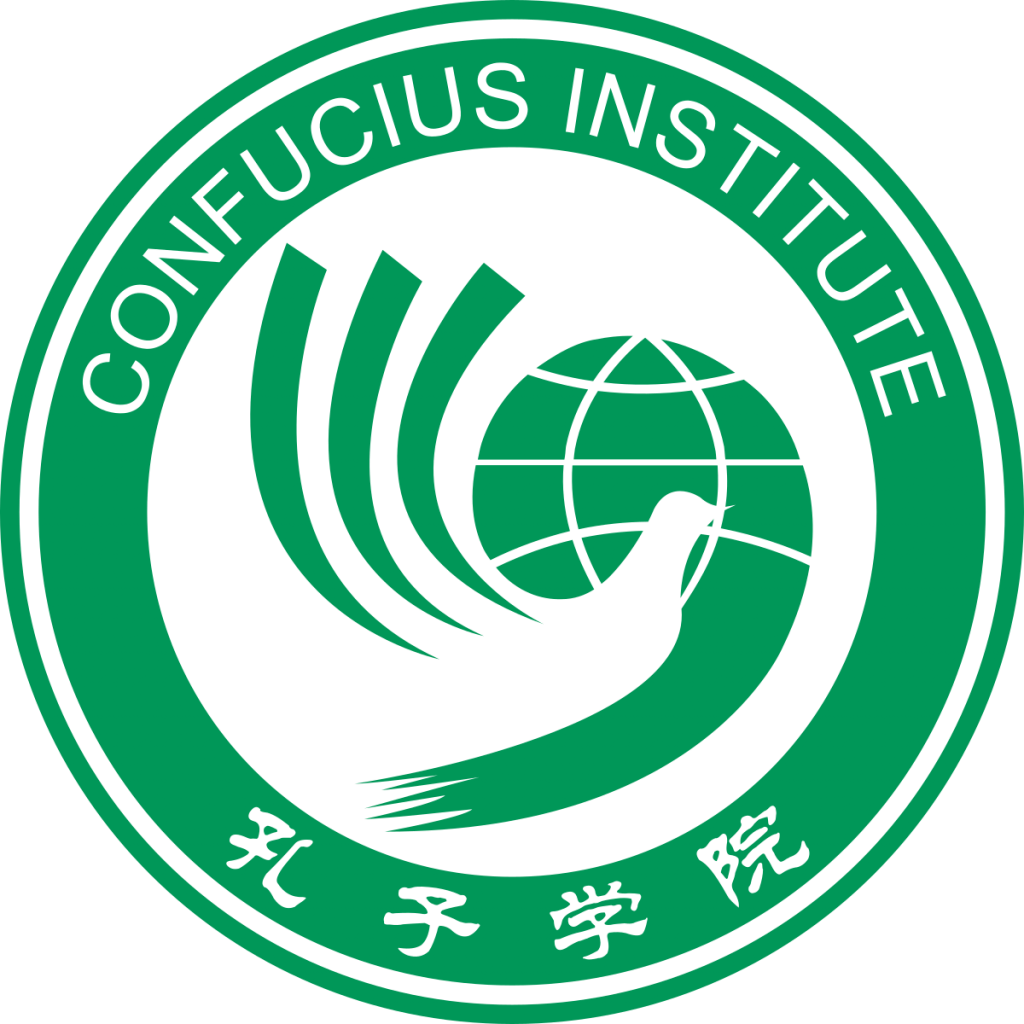European media is reporting that the director of the Confucius Institute in Bratislava tried to intimidate a local China expert shortly after he published a survey exposing the Chinese presence at Slovak universities. According to a Euractiv report:
April 27, 2021 The Slovak director of the Chinese Confucius Institute in Bratislava, Ľuboslav Štora, sent threatening mail to Matej Šimalčík, one of the key experts on China in CEE countries and the executive director of the Central European Institute of Asian Studies (CEIAS). It reads: “Are you sleeping well? You should be under a lot of stress when you’re walking down the street…”
The director, the former head of the Slovak branch of ZTE, sent the threat shortly after a CEIAS survey exposing the Chinese presence at Slovak universities had been published. There are three Confucius Institutes in Slovakia, the one in Bratislava was founded upon the agreement with the Slovak University of Technology (STU), and also has the largest number of projects and cooperation with China and Chinese companies. Šimalčík told EURACTIV Slovakia that although such threatening mail did not scare him, he was surprised that it had been sent directly by the director of the Confucius Institute in Bratislava himself.
Read the rest here.
The report goes on to describe Štora’s “prize-winningly lame apology”, claiming he had been deliberately absurd to highlight the absurdity of Šimalčík’s views. The report also notes that the survey that prompted the reaction by the Chinese Confucius leader found that 23 public universities and the Slovak Academy of Science maintain up to 113 formal and informal links with Chinese universities and other Chinese entities.
Confucius Institutes are public educational partnerships between colleges and universities in China and colleges and universities in other countries. In 2019, Inside Higher Ed described Confucian Institutes as follows:
The Confucius Institutes have long been controversial. The centers vary somewhat across different campuses, but they typically offer some combination of Mandarin language classes, cultural programming and outreach to K‑12 schools and the community more broadly. They are staffed in part with visiting teachers from China and funded by the Chinese government, with matching resources provided by the host institution. The number of U.S. universities hosting the institutes increased rapidly after the first was established at the University of Maryland College Park in 2004, growing to more than 90 at the peak.
In March, we reported that a Dutch Professor of Chinese language and culture, whose salary was partially paid by a Dutch Confucius Institute, had been contractually prohibited from “damaging the image of China.”












